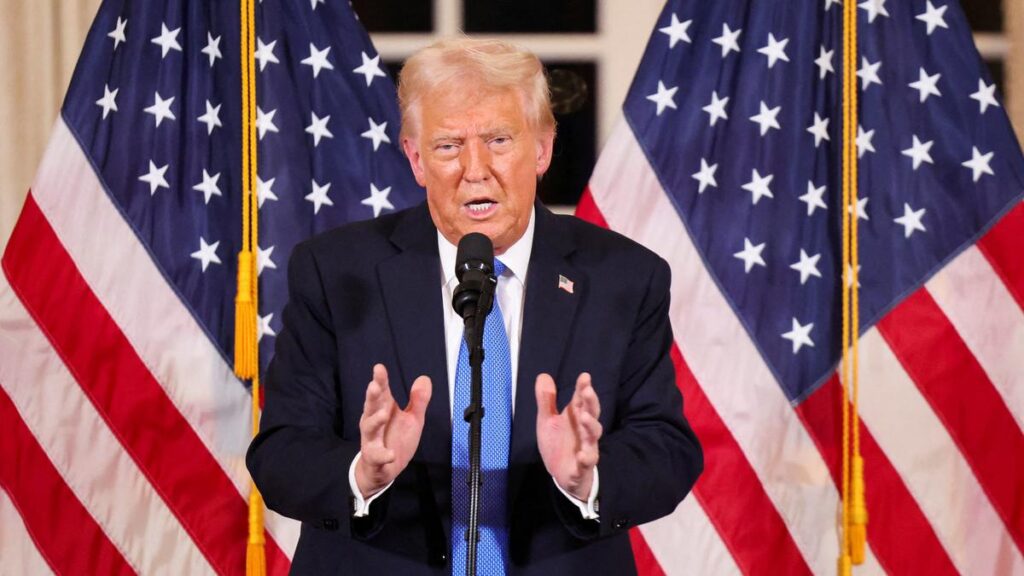The United States of America President, Donald Trump, on Thursday, signed an executive order aimed at ending federal funding for National Public Radio (NPR) and the Public Broadcasting Service (PBS). He accused both media outlets of lacking neutrality in their reporting.
Although NPR and PBS receive some government support through the Corporation for Public Broadcasting (CPB), the majority of their funding comes from private donors.
Trump has frequently clashed with mainstream media, often calling them “the enemy of the people.” However, he has maintained a close relationship with Fox News, a conservative network where several hosts have gone on to hold positions in his administration.
In the executive order, Trump directed the CPB and all federal departments to cut off financial support for NPR and PBS. He claimed that the two organisations do not provide fair or balanced news coverage for American taxpayers.
However, funding for the CPB has already been approved by Congress through 2027, raising uncertainty about how much impact the order can actually have.
According to estimates, NPR reaches over 40 million listeners weekly, while PBS draws around 36 million viewers each month through its network of local stations.
NPR’s CEO, Katherine Maher, said in March that the station is set to receive roughly $120 million from CPB in 2025, which accounts for less than five per cent of its total operating budget.
The media watchdog group Reporters Without Borders (RSF) expressed concern over what it called a worsening climate for press freedom in the U.S. under Trump, and noted increasing global challenges for independent journalists.



